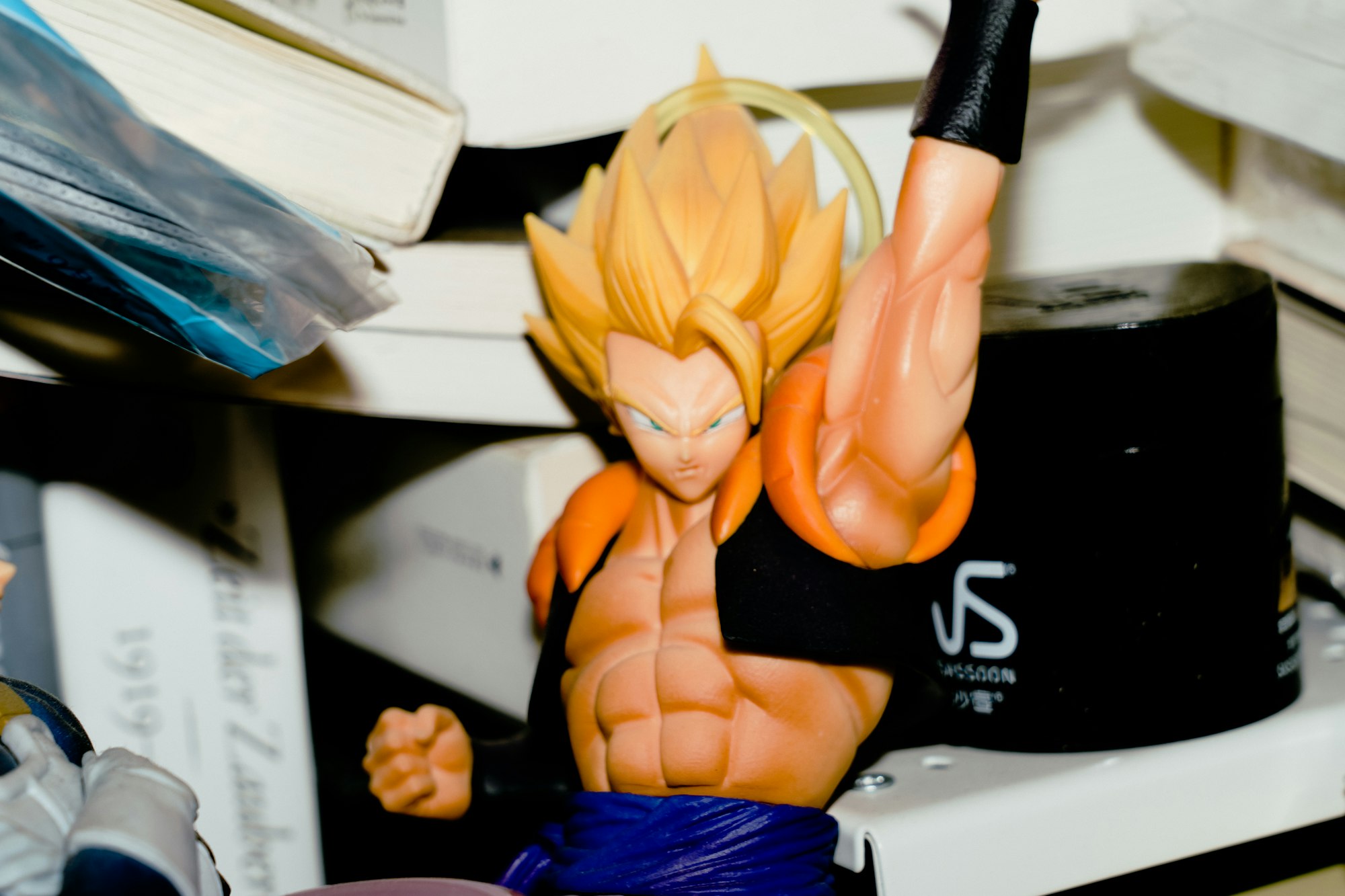The Importance of Rollback Netcode to Online Multiplayer Fighting Games
Rollback netcode is the most important feature an online fighting game can have

Input delay is one of those things a lot of us simply never notice until we really sit down and experience both, side by side. I grew up playing games in 50 Hz mode like anyone living in PAL territories, and we were simply none the wiser. By the time I got into import gaming and tried 60 Hz gaming for the first time, it was simply impossible to go back. Those early Tekken games on PlayStation were always blistering fast to me, but now going back to the PAL editions is simply impossible. Fans will recall how this was among the many, many shortcomings of Sony's PlayStation Classic mini-console, which opted to include slower PAL variations for most titles.
While television frequency isn't always obvious to the end user, a game's framerate is perhaps the one thing even the most casual gamer can notice. The experience completely changes when you go from 30 FPS up to 60 FPS, or even 120 FPS (Frames Per Second, which measures how smoothly the action is displayed on the screen). Despite most PlayStation 5 and Series X titles offering high-end graphical settings, most players simply opt for the performance mode to get the smoothest, best possible gameplay experience. I'm always willing to sacrifice graphics for smoother gameplay. Graphics and ray-tracing are all well and good, but a game simply needs to feel good first and foremost.
Now online multiplayer is a completely different battlefield (literally and figuratively), and for those of us who experienced the advent of online gaming on PC and later on home consoles thanks to the SEGA Dreamcast, it's a novelty we rarely take for granted. This is where casual and hardcore players are even more divided because for most players simply having online multiplayer itself is a joy, but for purists and competitive players, there's a demand for perfection.

My memories of playing Guilty Gear Accent Core online are mostly fond, but I also remember my opponent complaining about input lag every single time they lost. I was in Sydney and they were in Perth. I simply enjoyed having a friend to play Guilty Gear against, but they were meticulous and particular about frame data and input precision. Full disclosure, I don't play nice with the fighting game community (FGC) or their lingo, but I can at least appreciate how, unlike most gaming genres, it's next to impossible for online netcode to capture the live accuracy of playing against your rival on the very same arcade cabinet.
Enter rollback netcode, the latest development in online gaming technology. For most new titles this is the standard feature they are being launched with (for example, the new WB-branded Multiversus), and it's even being retroactively added to classic fighting releases like The King of Fighters '98. For those games that didn't include it, adding rollback is now part of major post-launch updates for most major fighting game releases, including the popular Samurai Shodown which is set to introduce it sometime in 2023. The point is that rollback is a major and essential feature for any fighting game release on the market today. So far it has been part of free updates, as the uproar for having to pay for it would have been catastrophic.
So what does rollback netcode do exactly? Well, I am no tech wizard but here are the essentials. If I were to play Guilty Gear Accent Core with my Perth friend via this fancy new network platform, they probably would not have complained about the input lag. Maybe. Look, it's never going to be perfect, as my experience playing The King of Fighters XV with a person in Chile proved to be just as cumbersome as you would expect.
Still, rollback netcode compared to the more traditional delay-based netcode is a significant improvement. So going back to my running example, whenever I was playing Guilty Gear with my friend in Perth using delay-based netcode, my button input registered sooner than theirs, and the difference was that I didn't notice it but they most certainly did. They couldn't react sooner to my attack even if they wanted to. Now, if we were playing the same game with rollback netcode today, then it would have been the same timing for both of us as if we were playing in the same room. Of course, there are other factors that need to hold up for this to work smoothly, but overall, the technology is designed to make player inputs on both sides happen as simultaneously as possible. With the delayed-based approach, it was a matter of luck as to who got the raw deal. So I guess my friend in Perth wasn't making excuses after all.

Perception is reality, and so where traditional approaches had each player second-guessing their own gaming reality, rollback tries to sync player experiences as closely as possible. So under perfect conditions, the precise moment I witness a perfect shoryuken counter-attack, so does my opponent.
Still, even if you are not a competitive purist, rollback netcode just means an overall smoother fighting game experience for players on each side, where my experience will be just as smooth as my opponent in Japan or North America. With this becoming the bare minimum standard in online multiplayer, expect the online gaming landscape to attract more dedicated players and fandoms in the years ahead, fighting games or otherwise.
